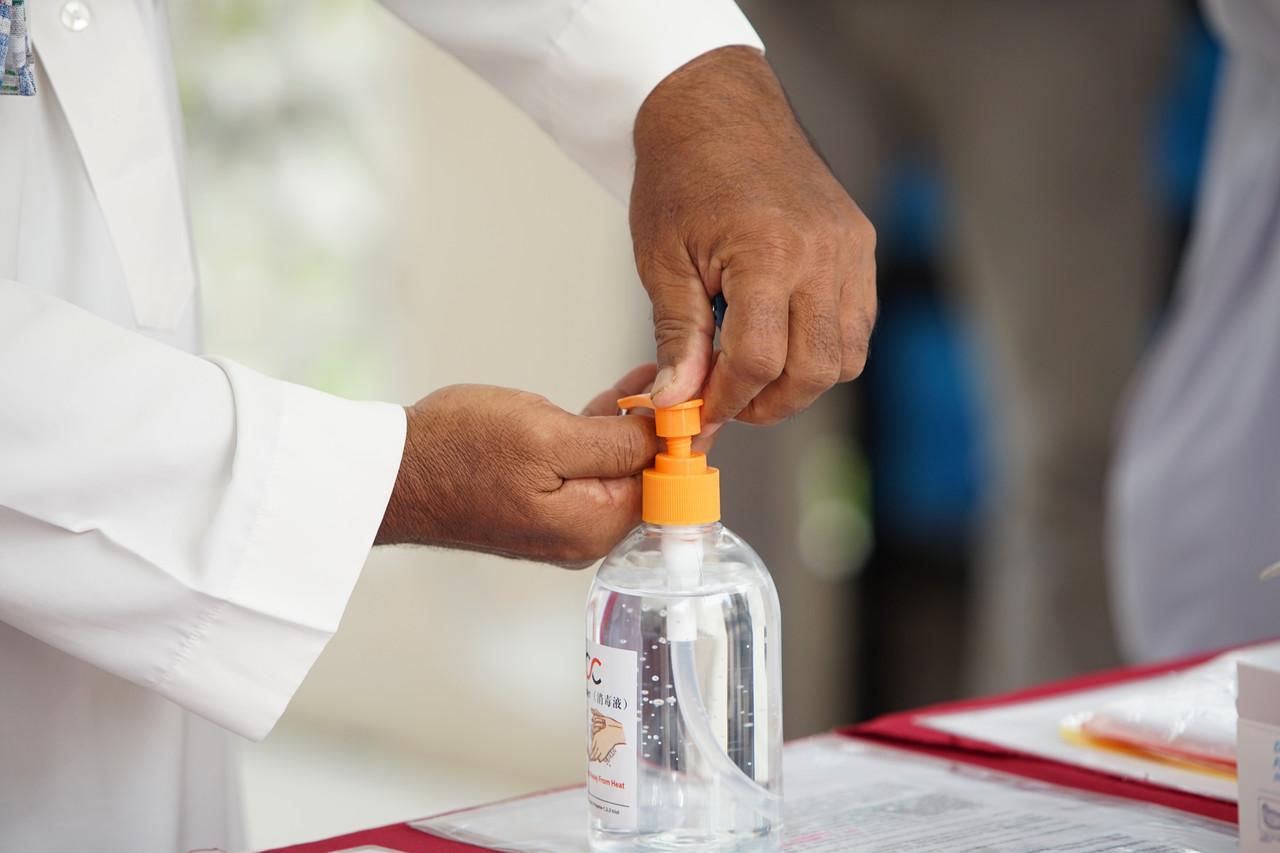Covid-19 virus can survive 28 days on surfaces, say Aussie scientists
Their research found that the virus survives longer at lower temperatures and on smooth surfaces such as glass and steel.
Just In
Australian researchers have found that SARS-CoV-2, the virus that causes Covid-19, can live for up to 28 days on common surfaces including banknotes and glass.
The Commonwealth Scientific and Industrial Research Organisation (CSIRO) published the new research on the “survivability” of the deadly virus on Monday, Xinhua News Agency reports.
The research found that SARS-CoV-2 survived longer at lower temperatures, tended to survive longer on smooth surfaces such as glass and stainless steel, and survived longer on paper banknotes than on plastic banknotes.
Larry Marshall, the chief executive of CSIRO, said the research was built on the agency’s previous Covid-19 work including vaccine testing and wastewater testing.
“Establishing how long the virus really remains viable on surfaces enables us to more accurately predict and mitigate its spread, and to do a better job of protecting our people,” he said.
“Our results show that SARS-CoV-2 can remain infectious on surfaces for long periods of time, reinforcing the need for good practices such as regular hand washing and cleaning surfaces,” Debbie Eagles, deputy director of CSIRO’s Australian Centre for Disease Preparedness, said in a media release.
“At 20 degrees Celsius, which is about room temperature, we found that the virus was extremely robust, surviving for 28 days on smooth surfaces such as glass found on mobile phone screens and plastic banknotes.
“For context, similar experiments for Influenza A have found that it survived on surfaces for 17 days, which highlights just how resilient SARS-CoV-2 is.”
Further research was undertaken at 30 and 40 degrees Celsius with the survival time of the virus falling as the temperature rose.
According to Xinhua, the study was conducted entirely in the dark to remove the effect of ultraviolet light on the virus.
Subscribe to our newsletter
To be updated with all the latest news and analyses daily.
